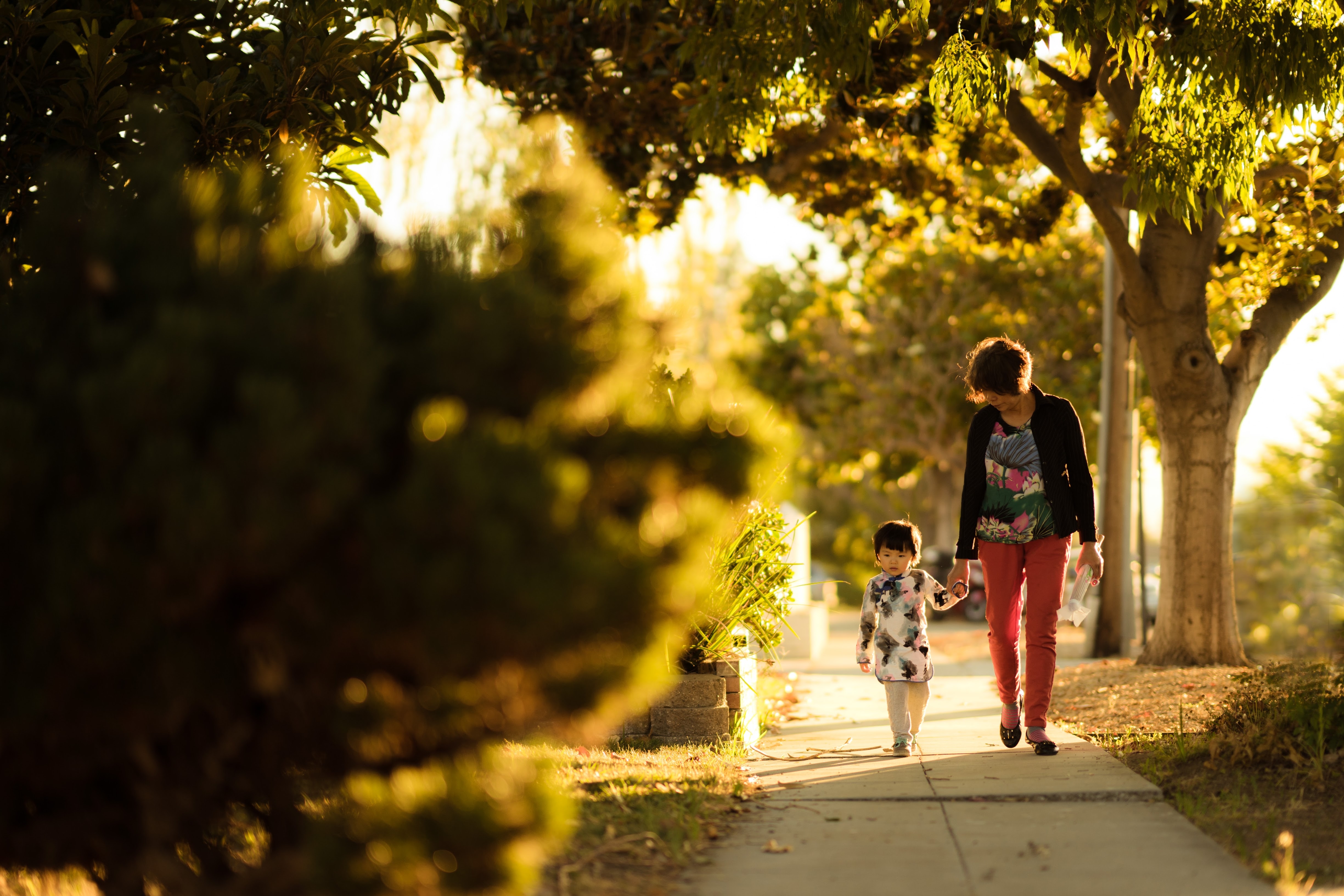About
Subjective well-being (SWB) is an essential dimension in the study of children's quality of life (Ben-Arieh, Casas, Frønes, & Korbin, 2014; Bradshaw, 2015, Casas, 2016). In recent years, regular studies have been conducted that examine the subjective well-being of children included in the general population within the Children World Project (http://www.isciweb.org). However, little is known about how children, in residential or foster care, perceive satisfaction with their lives. The aim of this study is to explore and compare the SWB of children living in foster families and foster homes, comparing it with children in the general population and adapting to the Portuguese context the research developed by Joan Llosada in Catalonia , entitled 'The subjective well-being of adolescents in Catalonia', led by Ferran Casas and Carme Montserrat, University of Girona (Llosada-Gistau, Montserrat & Casas, 2015; Llosada-Gistau, Casas & Montserrat, 2016).
In Portugal, in 2015, there were 8600 children in foster care (Instituto de Segurança Social, 2016), of which 8297 were in foster homes of various types, and only 303 were in foster families. Most of these are in the districts of Porto and Braga, in the north of the country.
The specific objectives of the study are:
- To determine SWB in children living in residential care, in foster care and the general population;
- Compare the SWB in the three groups analysed to determine, in particular, whether there are similar domains to those identified by the general population and whether there are unique domains identified in each group of children;
- To compare the characteristics of children in foster care and residential care;
- Identify the parameters that are associated with a high level and a low level of SWB, such as placement stability, education, satisfaction with the relationship with peers, the relation with the parents or carers, the leasure time, the existence of breaks in previous placement experiences, school changes, etc.;
- In the context of residential care, relate the SWB to the location, number of children, and the number of hours and quality of support of colleagues, technicians, outside friends and family.




